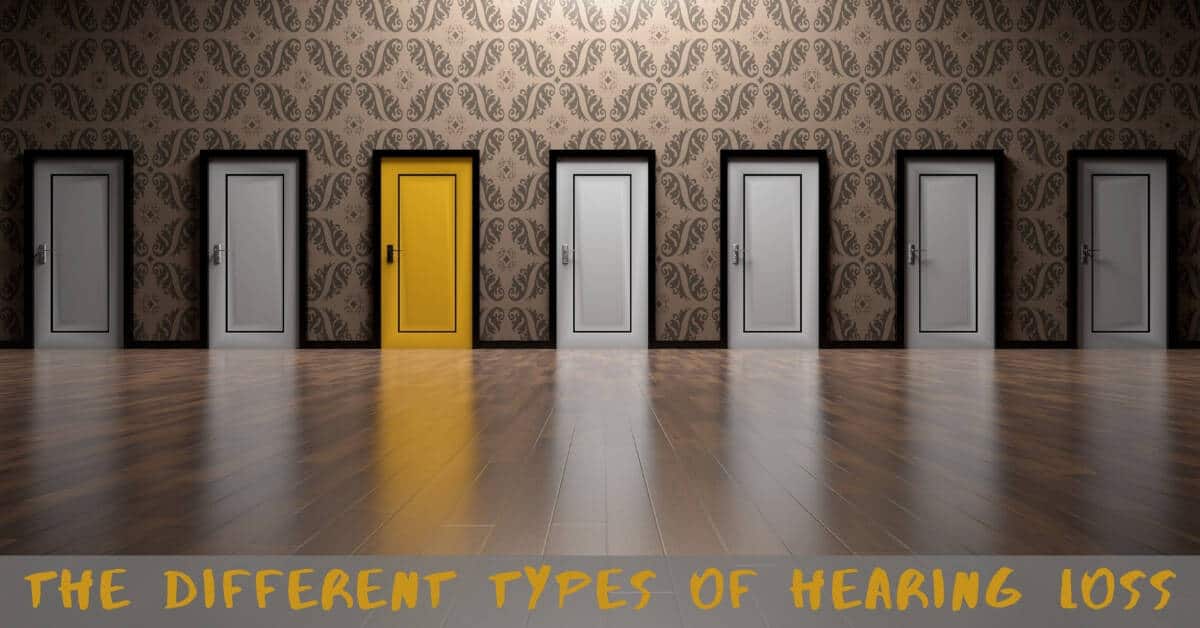For many people, hearing loss may seem pretty straightforward. In actuality, hearing loss is a complex condition that affects people in diverse ways. In general, we experience hearing loss when sounds are not able to reach the brain due to issues related to our auditory system. There are two main types of hearing loss, depending on where the problem lies: sensorineural and conductive.
Sensorineural Hearing Loss
Sensorineural hearing loss usually appears due to damage to the inner ear. There is usually damage to the hair cells, which affects the auditory pathways that send neural signals to the auditory center in the brain. Those with sensorineural hearing loss find it tough to understand sounds at higher frequencies, especially in noisy environments.
Causes of Sensorineural Hearing Loss
This type of hearing loss can be caused by any of the following things:
- Being exposed to loud noises, either chronically or through a blast of extremely loud sound.
- Certain medical conditions
- Ototoxic drugs.
- Blunt-force trauma to the head.
The most common causes for sensorineural hearing loss are the natural process of aging (presbycusis) and exposure to loud sounds (noise-induced hearing loss).
Treating Sensorineural Hearing Loss
Unfortunately, there is no cure for sensorineural hearing loss. This is because science hasn’t so far found a way to repair the tiny hair-like cells in the inner ear which are used to receive auditory signals. However, there are millions living with sensorineural hearing loss globally who are able to live normal, fulfilling lives. This is usually achieved through the use of hearing aids or cochlear implants.
Conductive Hearing Loss
A conductive hearing loss is usually caused by an obstruction in the outer or middle ear which prevents the sound from travelling to the inner ear. The problem may lie in the external ear (which is visible to us), the ear canal, or the three tiny bones called the ossicles which are found in the middle ear. Those with conductive hearing loss usually complain of muffled sound.
Causes of Conductive Hearing Loss
There are many potential causes of conductive hearing loss, but the following are the most common:
- An ear infection of the ear canal or middle ear which leads to a blockage of fluid.
- A damaged eardrum.
- Build-up of cerumen (earwax).
- Middle ear bones becoming dislocated.
- A stuck foreign object in the inner ear.
- An abnormal bone growth in the middle ear
- Unusual growths or tumors found in the ear.
Treating Conductive Hearing Loss
Luckily, audiologists can usually treat this kind of hearing loss. Simple blockages from earwax will always be an easy fix which usually won’t require surgical intervention. A blockage of the Eustachian tube can be easily treated with medication, such as a decongestant nasal spray. For fluid blockages, it might be necessary to make a small incision in the eardrum to help drain the fluid and relieve hearing ability. If there are more serious reasons for the blockage of sound, then extensive surgical intervention is likely. In recent years, surgeons had success replacing some of the small bones in the brain with with synthetic equivalents. Hearing aids have also been used for conductive hearing loss to great effect.
Mixed Hearing Loss
There have been cases where a patient has suffered both a conductive hearing loss at the same time as a sensorineural hearing loss. This equates to damage both in the outer or middle ear, as well as in the inner ear or auditory nerve.
Causes of Mixed Hearing Loss
Examples of mixed hearing losses might include complications from an ear infection while also having develop noise-induced hearing loss, or an excess of wax in an older person with age-related hearing loss. The two types of hearing loss work together to reduce the ability to hear even further.
Treating Mixed Hearing Loss
The treatment for mixed hearing loss will always prioritize the type which is causing the most hearing loss. If more of the damage is caused by conductive means, then surgery or medication is the best course of action. On the other hand, if mostly sensorineural in nature, it is recommended to use hearing aids or cochlear implants.

